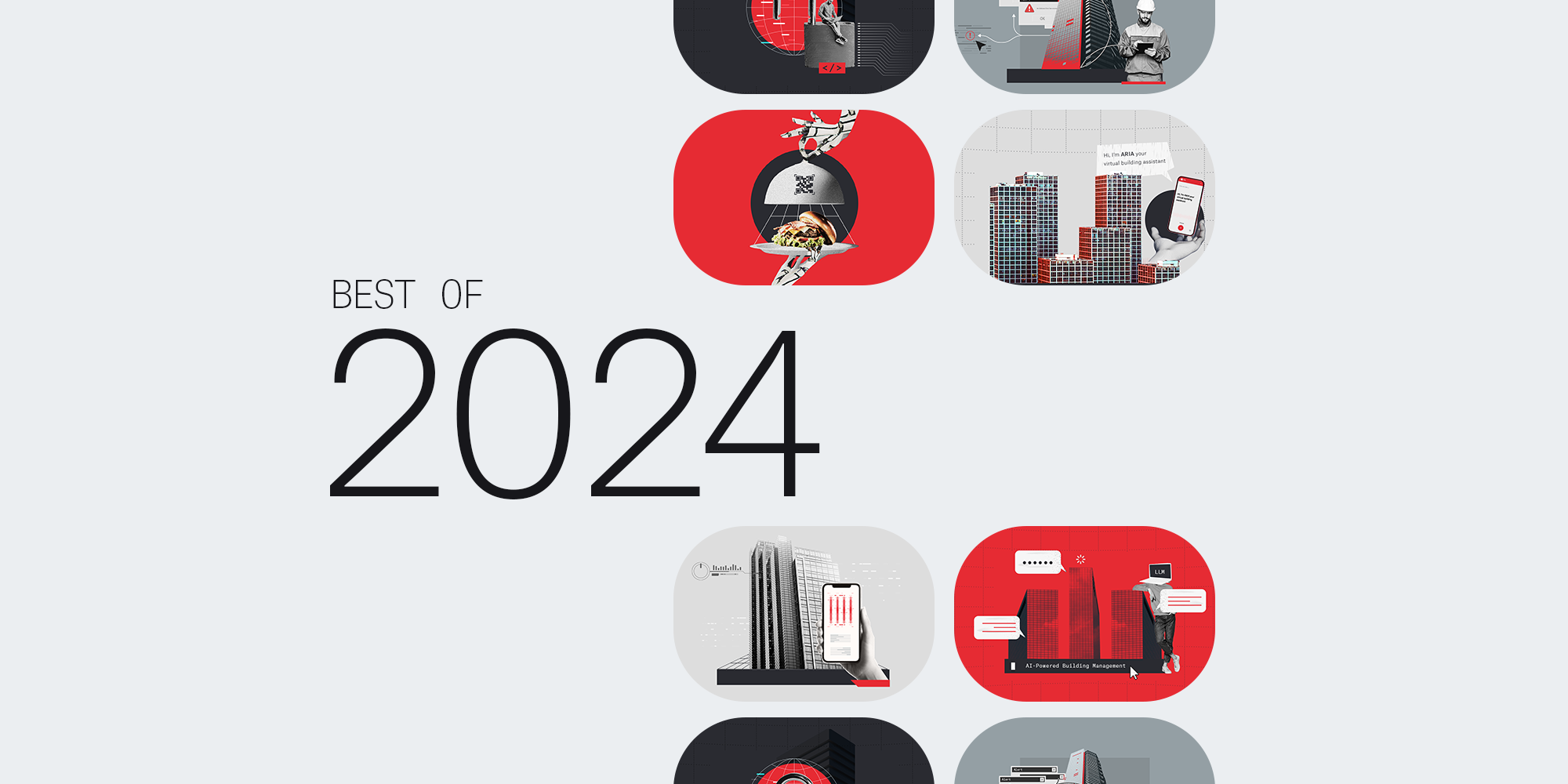5 ways GenAI is changing the retail landscape

Key takeaways
- 98% of retailers are planning significant investments into GenAI within the next 18 months.
- GenAI enhances the capabilities of sales associates with tailored insights, significantly personalizing the shopping experience.
- GenAI enables real-time, data-driven pricing strategies and product customization, meeting individual customer preferences at scale and fostering greater consumer self-expression.
- GenAI-powered visual search and augmented reality tools are changing how customers discover and visualize products, improving confidence in purchase decisions and reducing return rates.
- Using predictive analytics, GenAI improves demand forecasting and inventory management, ensuring product availability, reducing employee stress during peak times, and optimizing stock levels.
- GenAI is also optimizing brick-and-mortar operations by enhancing HVAC system efficiency through predictive analytics, leading to energy savings and reduced operational costs.
From personalized shopping advisors to temperature optimization, generative AI is rapidly transforming retail -enhancing customer experiences, assisting existing workforces, optimizing operations, and increasing productivity.
98% of retailers plan to invest in generative AI (GenAI) in the next 18 months. This is bigger than big. In fact, it’s the kind of monumental shift that hasn’t been seen in retail since the emergence of e-commerce in the 1990s. Yet, when you look closely, it’s unsurprising. Especially when you consider that GenAI has the potential to add $400-$660 billion in annual revenue for retailers.
So, without further ado, below are just five of the ways that GenAI is currently supporting retailers and revolutionizing the global economy’s key sector.
1. Enhanced Customer Engagement and Experience
Picture a full-time, around-the-clock concierge that’s fluent in every language. One that understands exactly what customers are searching for and what they’ll want next. Imagine they could discern between an “impulse buyer” and a “value seeker” and tailor an individual’s shopping experience accordingly.
Well, with the rise of new GenAI features, that’s possible. Acting as an extension of a retail team, GenAI-powered shopping advisors can support sales associates with insights and tools to enhance customer interactions, providing recommendations perfectly-tailored to a customer’s needs and allowing for an unparalleled level of personalization. It can also provide retailers with unique insights into their customers’ wants, needs, and preferences – helping them stay relevant and locking in customer loyalty.
2. Dynamic Pricing and Personalization
GenAI not only tailors products to suit the needs of individuals, it also empowers retailers to meet these demands at scale. That’s because AI is now being seen to pave the way for dynamic pricing strategies based on real-time market data and current and future customer preferences. For instance, this technology can support sales strategies by offering data-driven insights that help employees make informed decisions on targeted promotions and discounts, simultaneously increasing conversion rates and customer loyalty.
This is a big bonus for retailers who are struggling to keep up with consumers’ increasing demand for unique, customized products. With GenAI, offering such personalization at scale is within reach. Now customers can access apps to customize products, turning them into engaged co-creators of one-of-a-kind Nike kicks or photo books, satisfying a growing demand for self-expression.
3. Visual Search and Augmented Reality
GenAI-assisted augmented reality and visual search capabilities are already fundamentally changing how customers are discovering and visualizing products. Visual searches are enabling users to find products by merely uploading images or using their device's camera, allowing them to make better, more informed purchase decisions.
For example, Wayfair recently introduced its genAI pilot app, Decorify, which allows users to visualize Wayfair products in 3D directly in their living spaces, offering a realistic depiction of how products will look and fit in a room. Tools like this aim to improve customers’ confidence in online purchases while also reducing return rates.
4. Inventory and Demand Forecasting:
AI's predictive prowess is sharpening demand forecasting like an Obsidian knife blade, allowing for a substantially more responsive supply chain. By analyzing data points like past sales and market trends, GenAI significantly improves the accuracy of demand forecasting. This predictive power supports retail staff in planning and managing inventory more effectively, ensuring that products are available when needed and reducing the stress on workers during peak times.
For instance, before Black Friday each year, GenAI can automatically increase reorder points to meet demand surges. This kind of optimization doesn’t just work to reduce the stress of salespeople having to tell customers they’re out of purple prairie dresses, it also streamlines the shopping experience by reducing the possibility of stock outs and maximizes profits for retailers.
-
Optimizing Building Operations
Beyond the customer-facing innovations, GenAI is also making big strides in the operational efficiency of brick-and-mortar buildings. Systems like ARIA are optimizing building operations through the AI-enabled augmentation of existing HVAC systems. By leveraging real-time data and predictive analytics, tools like ARIA are helping facilities managers ensure energy efficiency, reduce overhead, and contribute to overall energy efficiency and sustainability efforts. This is leading to substantial energy savings and reduced operational costs.
Prepping for the Present: Tips for Integrating GenAI into Retail
From boosting retail workforce decision-making, to enhancing customer interactions with personalized shopping experiences, to optimizing building operations for energy efficiency, GenAI is swiftly becoming the backbone of a more dynamic, responsive, and efficient retail environment. With its ability to turn insights into action, GenAI is setting entirely new standards for innovation and customer engagement in the industry - streamlining operations, crafting bespoke customer experiences, and keeping businesses ahead of the curve.
However, the successful integration of GenAI truly hinges on the quality of the data it’s drawing from and the specificities of its application. Knowing this, retailers should focus on building robust data infrastructures that feed into their custom models to ensure outputs that are accurate and scalable. This can all seem overwhelming, but beginning with pilot projects in high-impact areas can be the perfect way to ease into integrating GenAI in your retail business and your workforce - providing invaluable insights and setting the stage for wider implementation.
Is your retail business ready for GenAI? Start with one step at a time, beginning with your building operations.














